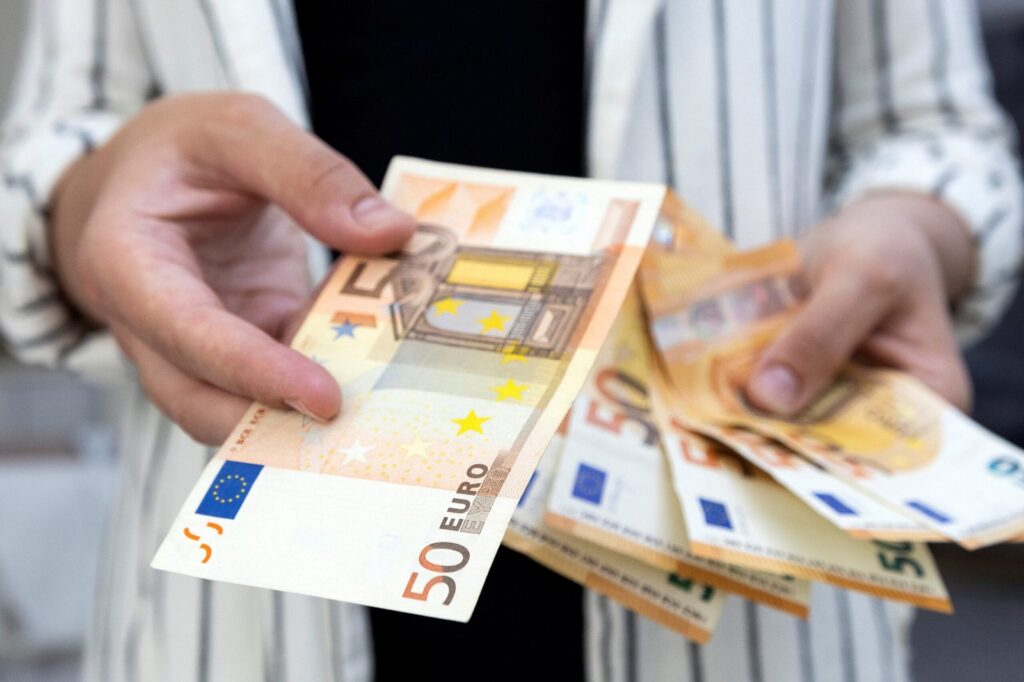Investors are betting that the euro will certainly hit parity with the dollar in the middle of growing concerns regarding the influence of a worldwide profession battle on the European Union’s “sick man” economic situation.
Markets are valuing in a 50pc opportunity that one euro will just purchase one dollar by the end of following year, from $1.04 today.
These chances have tightened considerably given that Donald Trump won the United States political election by a landslide in November.
Experts at JP Morgan explained the currency as the sick man of the industrialized world as the bloc’s largest economies battle with sluggish development and high debt following Russia’s invasion of Ukraine.
Germany, Europe’s greatest economic climate, gone stale in 2024 and is anticipated to barely expand in 2025.
In a note to clients, the world’s greatest financial institution claimed: “The euro is still the sick man of G10.
” Euro weak point is worsened by US plan unpredictability, but core structural issues run deeper.”
Oxford Economics, Rabobank and BNP Paribas are among numerous institutions forecasting a more drop in the euro by the end of the year.

Just before the election, investors believed there was just a one in 5 opportunity of the solitary money striking parity with the dollar by the end of 2025.
Nonetheless, Mr Trump has endangered to enforce sweeping taxes on imports after he goes back to the White House on January 20, previously explaining tariff as “the most stunning word in the dictionary”.
Chinese imports right into America might deal with tariffs of approximately 60pc, and as high as 20pc on products coming from various other nations.
EU exports to the United States have expanded substantially over the last 15 years, climbing from 15pc of Europe’s complete with the remainder of the world in 2010 to over 20pc in 2023, according to research study by Caixabank.
Ireland, Italy and Germany are the most exposed to tariffs, according to the bank, with the latter 2 nations exporting a considerable variety of automobiles to the world’s largest economic situation yearly.
Javier Corominas at Oxford Economics claimed sluggish development in the solitary money area recommended the European Central Bank (ECB) would certainly cut rates quicker than the US Federal Book, which would certainly also weigh on the euro.
He claimed: “This suggests price cuts will certainly proceed well right into 2025.”
The ECB has actually currently cut interest rates 4 times this year as inflation has fallen and policymakers end up being significantly worried about slower development.


